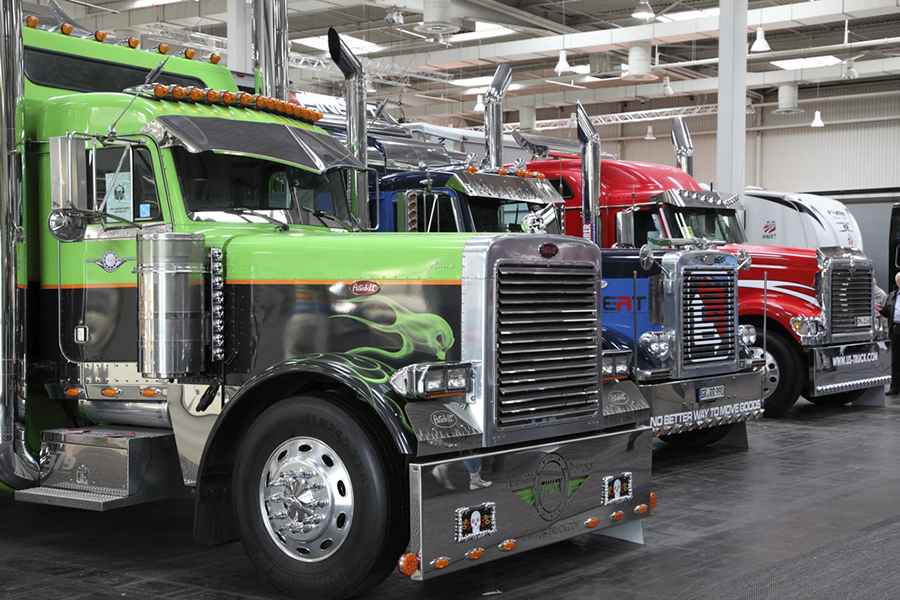Understanding the Basics of Trucking Insurance in the U.S.
Every vehicle on the road needs insurance coverage, and trucks are no exception to this requirement. The Federal Motor Carrier Safety Administration (FMCSA) has rules regarding acceptable insurance coverage.

There are many reasons why trucks are required to have proper insurance coverage before they hit the road. Trucks are large and heavy and can cause catastrophic damage in an accident. They also transport valuable goods that can be stolen.
As such, the FMCSA won’t permit trucking companies to operate without proof of liability and cargo insurance. The coverage will vary depending on the type of truck and what it hauls. Trucks that transport hazardous materials have stricter rules and additional insurance requirements.
If you’re just starting your trucking company, you should understand the basics of trucking insurance requirements in the U.S.
Liability Insurance for Trucks
On the federal level, liability insurance is determined by the truck’s weight and whether it transports hazardous materials. Trucks carrying non-hazardous materials that weigh over 10,000 pounds must have a $750,000 liability policy. Those hauling hazardous items have higher coverage at $5 million.
The liability policies cover property damage and bodily injury to address the bills of those who are hurt in an accident with a truck. If a truck is involved in a crash, this coverage can pay the hospital bills for injury victims. Proper dump truck insurance, for instance, involves coverage to protect the property of others who may be affected when an accident occurs. Moreover, it can cover the cost of legal representation if a lawsuit is filed against the trucking company.
Cargo Insurance for Trucks
The items that trucks transport must also be covered if they get damaged. Cargo insurance covers all property in transit. All trucking companies should have this coverage, but if you are transporting across state lines, it is a requirement of federal law to have cargo insurance.
Each state also requires additional insurance coverage for certain kinds of cargo. If you’ve just started your own trucking company, you should make sure that you have the proper insurance to ensure you’re fully covered under both state and federal laws. Rig drivers often check out this list of the best truck insurance companies to obtain the best coverage. The more you understand trucking insurance, the more likely you’ll get the best coverage and save on premiums.
Voluntary Types of Trucking Insurance Coverage
While liability and cargo insurance are required, there are other kinds of trucking insurance coverage that you may want to consider. Depending on the value of your trucks, you may want to add these optional coverages to further protect your business.
You can get physical damage coverage to protect your trucks against events like fires, floods, and other natural disasters. Physical damage coverage also protects you in the event of theft, which new trucking companies often find out is a major issue in the industry.
Non-trucking liability is another option that covers your trucks when they’re on the road without a trailer or off the road while being serviced. It may be wise to protect a deadheaded truck to have complete peace of mind.
Running a trucking company will also require you to have other types of insurance to keep your business protected. You will want to get property insurance to protect the garage where you park your trucks and the building in which the garage is located. There are also other policies, such as cyber liability insurance that protects you from data breaches, workers’ comp to protect your employees, and health insurance.
Ultimately, the coverage you choose for your trucking company is one of the most important decisions you’ll make. Simplex Group Insurance is a prime example of one company that specializes in trucking insurance and helping trucking companies get the coverage they need for smoother operations.
Image credit: Depositphotos